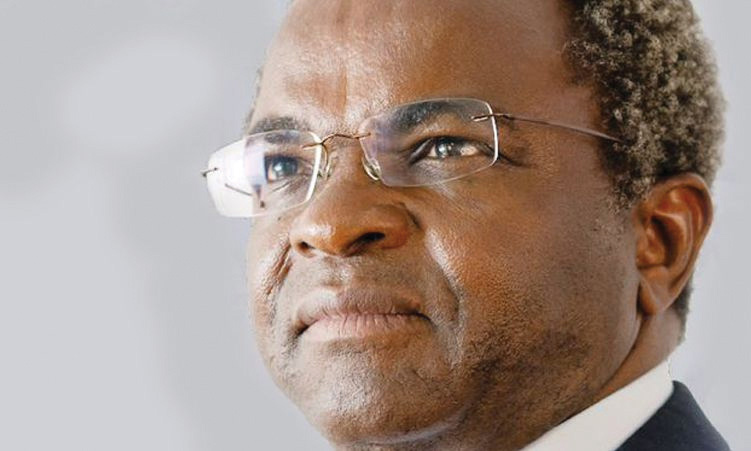JUST plain embarrassing! These multilateral/global organisations which have pretended to lead the world in poverty reduction, environmental matters, human rights and racism, financial stability, democracy and all those ideals that should lead to better and more equitable lives for an increasing number of the world’s people, have failed – catastrophically!
Racism conferences dissolve in mass walkouts as tolerance and understanding flit out of the window driven by sectarian fervour; the human rights brigades tussle over whether the rights of the individual or the individual’s subservience to authority are paramount; The IMF and World Bank, with all their resources, seem incapable of producing deliverables to ameliorate the financial crisis, apart from resorting to ‘Structural Adjustment’, a proven route to failure; even global oversight seems beyond them, certainly within meaningful time frames that would allow meaningful actions!
Are these failures surprising? Of course not when considered that the world community has developed along many paths, often different and often successful in their own environment. So Islamic states are often theocracies where politics are subservient to religion; Eastern countries have traditions of discipline and subordination according to caste and rank; so-called industrial societies have developed with the supremacy of individual freedoms as a focus. Sure, dangerous generalisations, but they do give insight into the impossibility of gaining global consensus where fundamental thinking and societal actions are so opposite.
Diplomacy is the wallpaper covering the cracks as differences are diluted in meaningless statements pretending agreement but actually agreeing to nothing! The ‘Summit Communiqué’! The wallpaper is beginning to tear as recent global failures demonstrate. Nations oppose protectionism and then go home, protect their banks, their cars and their agriculture through massive subsidies; they hide behind the facade of ‘co-ordinated actions’. The hypocrisy gets more transparent.
What is needed is return to the underlying threads of colonialism; this should get the label merchants out of bed! A look beneath the skirts of colonialism, in some forms, revealed a common need to trade, to work together and for mutual benefit through a strong nation taking weaker nations under its wing. Such nations had a common currency, few trade barriers (except Boston tea!), similar religious practices, respect for different cultures and laws; nations under colonialism form a common front in dealing with those ‘not like us’; difference was managed, not compromised in the meaningless appeasement of canapé diplomacy. Live and let live. Being different is OK.
Sure there were abuses of colonial practice but the world has moved on and this shift amplified by the current financial crisis. Many columnists comment on the ‘reset effect’ that is in process but none appear to be prepared to foresee what this means! In simple terms the economic ‘reset’ will entail a ‘sophistication adjustment’ as industry realises that production of goods must now reach a much wider consumer. The niche and fashion markets with their high margins are out. The way to cash flow, reducing corporate debt, utilising excess capital equipment and survival is to produce for the wider and, currently, less sophisticated but larger markets.
Where are those markets? Well a good start is where practice, understanding and legal similarity exists – and where the poorer market has numbers and an urge to grow. The old colonial markets!
A realistic look at old colonial associations, as partially retained in the Commonwealth structure, shows many practices and accommodations that have lasted to this day. Maybe with the balance of power shifts of late, a return to a new form of colonialism could replace the sick multilateral systems that have driven the world into the pits of stupidity!
csmith@mweb.com.na
Stay informed with The Namibian – your source for credible journalism. Get in-depth reporting and opinions for
only N$85 a month. Invest in journalism, invest in democracy –
Subscribe Now!










